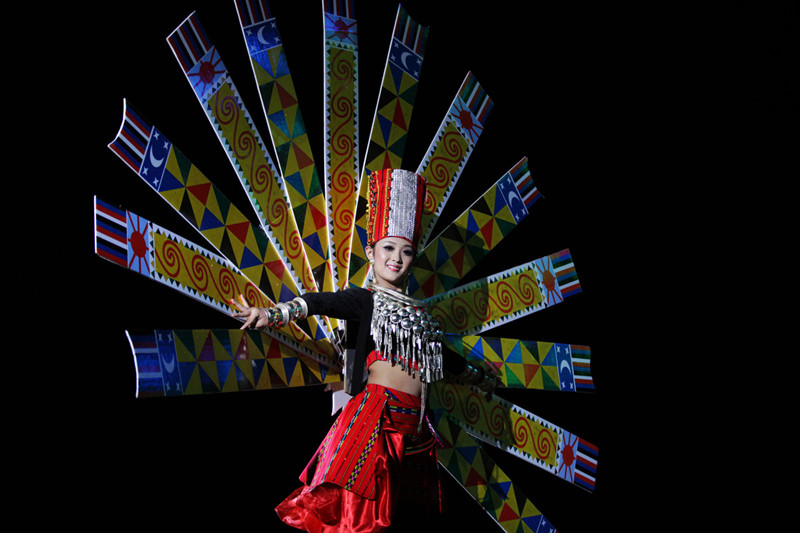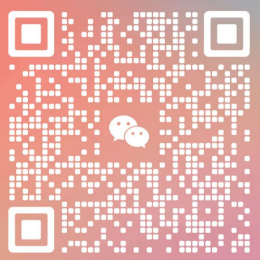Munaozongge Festival of Jingpo Ethnic Minority

Brief Introduction
Munaozongge(目瑙纵歌) means singing and dancing together in the Jingpo Ethnic language, which is attended by thousands of revelers each year. It originated from religious activities.
The main content of Munaozongge is dancing. In the center of the dance hall, there are four wooden pillars, called Munaozongge, which are used to worship the sun god and instruct the dance line. Munaozongge, which integrates folk customs and activities such as music and dance, painting and sculpture, costume, architectural crafts, religious rituals and customs, is a concentrated display of Jingpo ethnic culture and art, customs and etiquette, and spiritual features. It is of great significance to the study of Jingpo ethnic history and culture.
Longchuan County(陇川县) is the most complete and representative area with the largest population of Jingpo nationality and the most complete and standardized inheritance of Munaozongge.
Symbolism and Setting of Munaozongge
Date: From the fifteenth day of first lunar month to the nineteenth day of the same month
Place: Dehong Prefecture(德宏州)
Munaozongge is staged on a square where Jingpos have to arrange Munao Poles. The Poles are designed or flanked with different symbolic patterns.
- Ferns: fern sprouts look like fists, and leaves resemble lining arrows; so ferns are symbol of union and progressing.
- Swords: symbol of bravery and fortitude.
- Himalaya: said to be where Jingpos originate.
- Crops and live stocks: symbol of pursuit for bight future and well-off life.
- Gongs and other musical instruments: symbol of auspiciousness.
- Fences: symbol of triumph, etc
Kinds of Munaozongge
There are 12 kinds of Munaozongge. The traditional song of Munaozongge includes Su Munao/苏目瑙( for harvest celebration), Ba Dang Munao/巴当木脑(for victory celebration), Dingshuan Munao/定栓目瑙(for new residence completion celebration), Deru Munao/德如目瑙(for vows of war), Tingre Munao/亭热目瑙(for celebrating the site selection and foundation laying ), Naosai Munao/瑙赛目瑙(recreational activities), Kenran Munao肯然目瑙(for celebrating marriage) ,Tingran Munao亭然目瑙(for making friends) , Kelong Munao/克龙目瑙 (welcome guests), Gongran Munao宫然目瑙 (divorce respectively) and Zhu Munao /朱目瑙(funeral and sacrificial dance).
Chinese Version:http://www.ynich.cn/view-ml-11110-1406.html
http://www.ynich.cn/view-ml-11111-1207.html Translated by Olive Zhang/张银芳












